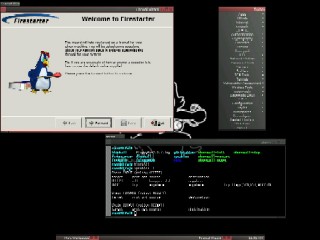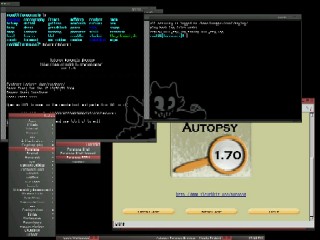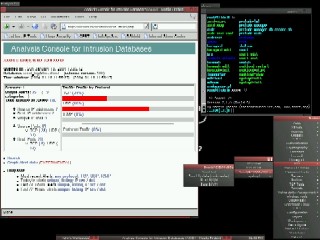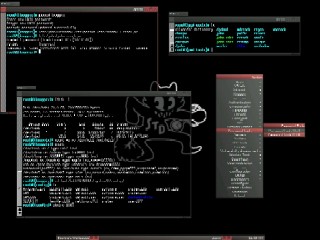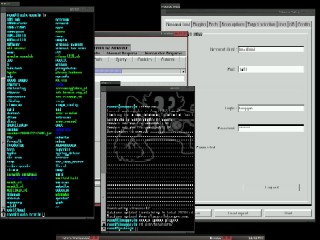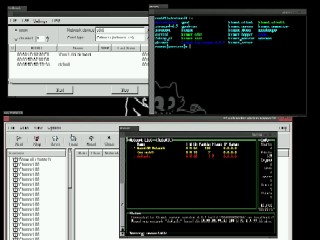Fedora Security Spin
hacker osThe Fedora Security Lab Test (Fedora Security Spin) is a distro designed for security auditing and testing and which can also be used for teaching security methodologies.
According to the developers, the purpose of this Linux is to support students and teachers with Linux-based servers and services while they are learning and practicing principles and methodologies of information security, web app security, reconnaissance, network and intrusion analysis, network statistics, forensics, and remediation lessons.
The Fedora Spin distro is maintained by a community of security testers and developers and ships with the ever-popular snappy LXDE Desktop Environment and a customized menu that provides all the tools that are required to manage and execute security testing.
Vital Statistics
- OS Type: Linux
- Based on: Independent
- Origin: USA
- Architecture: i386, x86_64
- Desktop: XFCE








.jpg)


